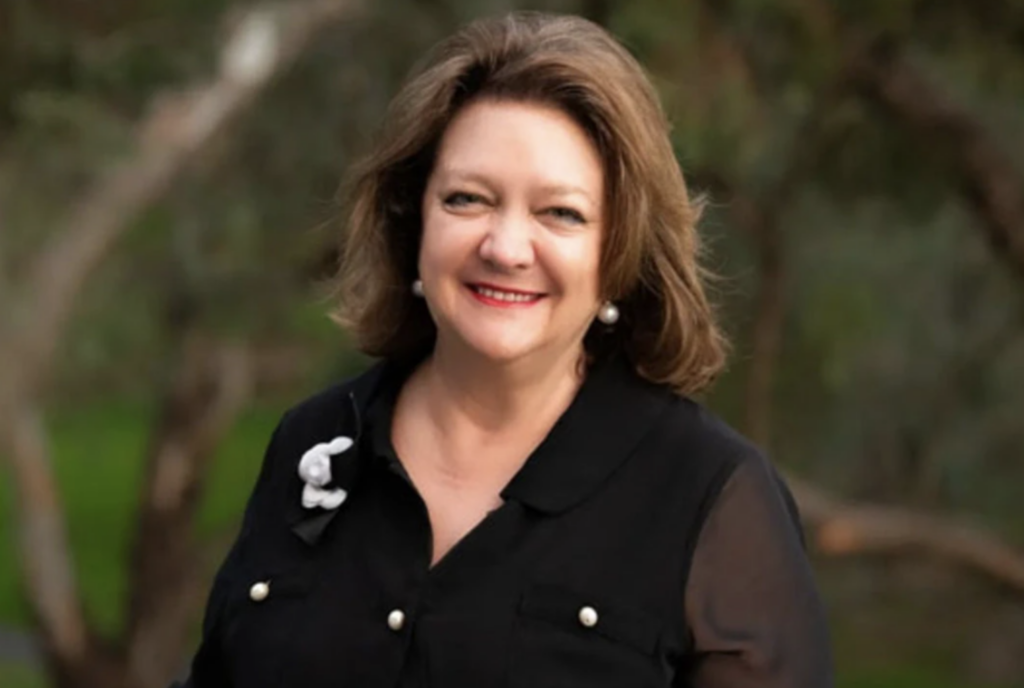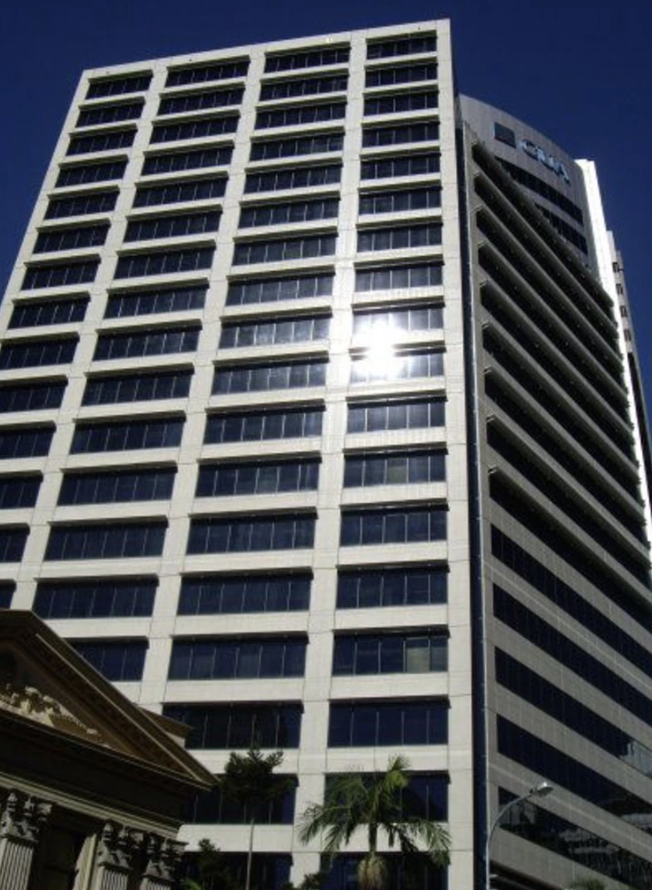
Article by Brielle Burns courtesy of the Gold Coast Bulletin.
Mining tycoon Gina Rinehart is set to make a multimillion-dollar purchase in Brisbane’s CBD. It’s a telling move about the future of working from home in Australia.
Australia’s richest person will fork out a staggering $240 million for an office tower in Brisbane, in another telling sign the days of working from home are coming to an end.
The multi-billionaire mining magnate is set to purchase 175 Eagle Street in the city’s CBD, in a deal that has been subject to months of behind-the-scenes talks, according to The Australian.
The tower, to be purchased from property group Charter Hall, has 19 floors of offices, “breathtaking views of the Brisbane River and Kangaroo Point” and three basement levels of parking.
The move signals a return to activity in high-end offices, after office buildings suffered rising vacancies during the pandemic.

Charter Hall chief executive David Harrison said the multimillion-dollar purchase supports his belief the best towers will be able to make it through the crisis.
Shares in Charter Hall also jumped more than 10 per cent on Wednesday, according to The Australian.
The impending purchase adds to Rinehart’s Queensland investments after she acquired a 14-storey Brisbane office building for more than $100 million in February.
“The acquisition of this property by Hancock is a continuation of its investment in Queensland, where Hancock has extensive investments in energy via Senex, its joint venture with POSCO, along with extensive agricultural operations and a growing Brisbane office,” her company Hancock Prospecting said in a statement at the time.

A move away from WFH
The sale comes after findings from a global survey, released last month, suggested the days of working from home are numbered.
KPMG’s survey of 1325 chief executives, including 50 from Australia, found two-thirds of Australia’s bosses believed traditional white-collar roles would see a full-time return to the office within three years.
Two-thirds of global CEOs also said hybrid working will end within three years.
Even Andrew Yates, boss of KPMG Australia, said he was surprised by the results.
“I think there’s a feeling that over time, things like productivity will suffer and that we’re returning to a more normal environment,” he told Nine newspapers.
“But I was surprised that there was such clarity around the return to the office. I would have thought … that hybrid and flexible working would be here to stay.”
Another survey by law firm Herbert Smith Freehills (HSF) found more than one-third of large Australian employers are planning to reduce the pay of staff who continue to work from home in the next three to five years.
The report, which surveyed 500 senior managers at companies with more than 1000 employees around the world – including 100 respondents in Australia – found 37 per cent have plans to “differentiate” pay between remote and in-office staff.
38 per cent of respondents also said they expect working remotely will become a privilege earned through trust and seniority as companies explore “options for influencing staff’s working preferences through more formal incentivisation”.
The report also noted flexible arrangements may be harming employees’ prospects, with 71 per cent of respondents saying those who work in the office will inevitably have more opportunities.















